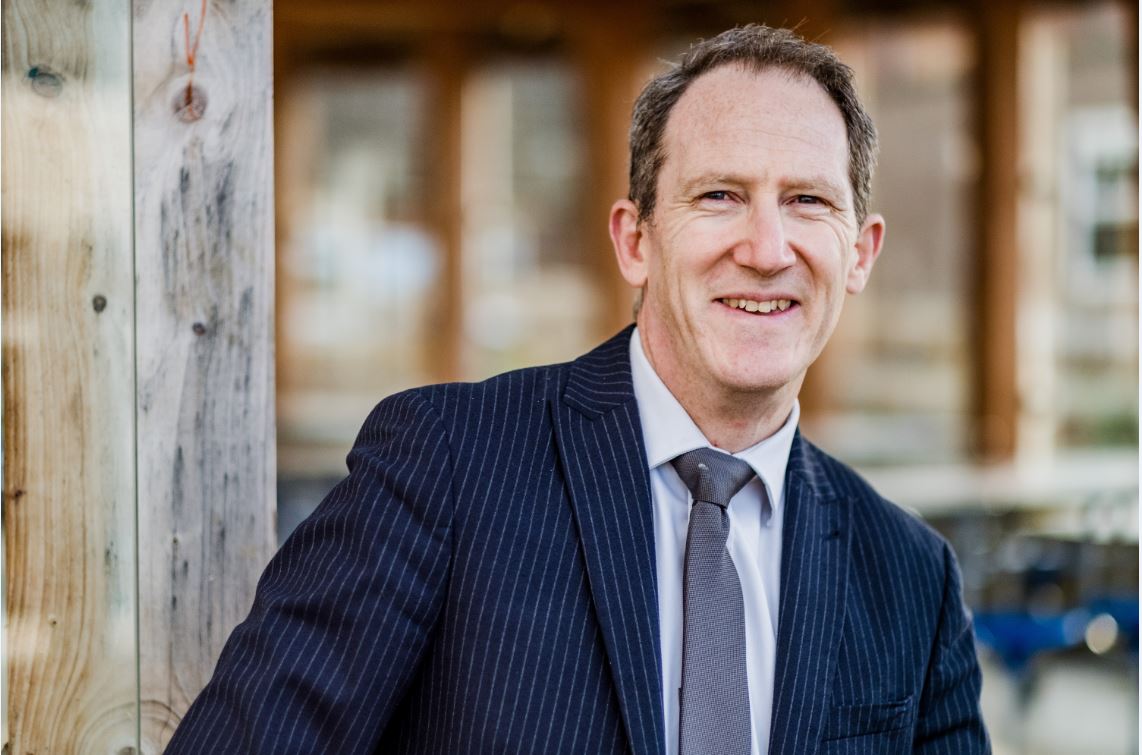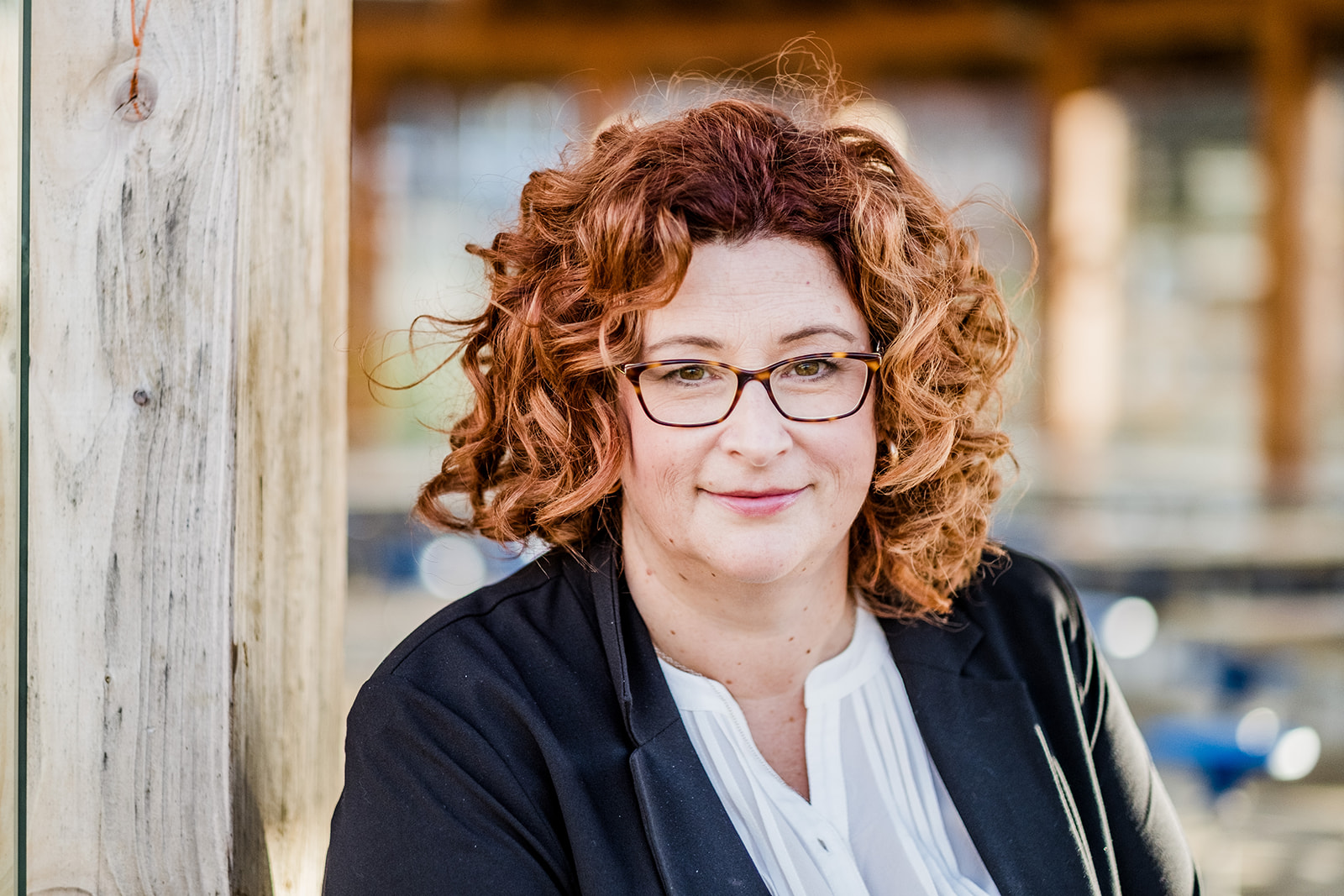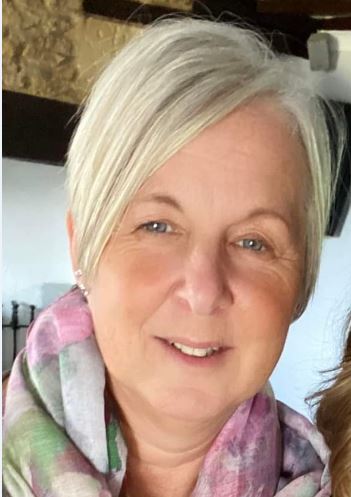Safeguarding
Safeguarding Information
Safeguarding at The John Of Gaunt School. A guide for Parents and Visitors
Please take a few moments to read this information. We are committed to safeguarding and promoting the welfare of all in our academy and this requires everyone, including our parents and visitors, to share this commitment. Please note:
You MUST sign in on arrival and out on departure.
You MUST wear your badge at all times.
You MUST remain with your host unless you have prior DBS clearance and it has been agreed that you can be unaccompanied.
Visitors must:
- Be responsible for their own actions, complying with our safeguarding policies at all times.
- Be aware that they should discuss and / or take advice promptly from the member of staff they are visiting or a senior member of staff about any incident which could give rise to concern.
- Report comments by a pupil, marks/bruises on a pupil, and/or worrying behaviour by a member of staff to ensure that such situations can be handled promptly and sensitively.
- Apply the same standards regardless of gender, sexual orientation or any other characteristic. Do not discriminate favourably or unfavourably towards any child. As such treat all pupils equally.
- Be aware that breaches of the law and other guidelines could result in criminal or disciplinary action being taken against them.
- Behave in a mature, respectful, safe, fair and considered manner and as such are not sarcastic, do not make remarks or ‘jokes’ to pupils of a personal, sexual, racist, discriminatory, intimidating or otherwise offensive nature and do not embarrass or humiliate children.
Ensure your relationship with pupils remains professional.
You must:
- Not behave in a way that could lead a reasonable observer to question your conduct, intentions or suitability to work with children.
- Keep blinds/doors open when alone with a pupil and ensure you can be seen.
- Do not touch or photograph a pupil and Do not make arrangements to contact, communicate or meet with pupils outside of the academy, unless this is agreed and part of your professional role.
- Give out any personal details including email, text, other messaging systems or social media.
These are the key people for safeguarding. If you have any concerns or queries regarding the well-being of a child please see one of these people.

Headteacher

Designated Senior Person for Safeguarding

Designated Senior Person for Safeguarding
Preventing Radicalisation/Tackling Extremism
Keeping children safe in education is our priority. This school works in partnership with the wider school community to ensure children and their families are safeguarded against radicalisation and extremism. In line with the PREVENT duty we will ensure that all staff and governors are trained, informed, recognise vulnerability and mitigate the risks. We mitigate identified risks and ensure the curriculum embeds British Values, teaching our staff, children and visitors to be tolerant and have respect for all faiths within out multicultural society. This is underpinned by a range of other school policies including ‘e’ safety, curriculum, staffing and safer recruitment.
What is abuse?
Any form of neglect, physical, emotional or sexual mistreatment or lack of care that leads to harm or injury. It can happen to any young person regardless of their age, gender, race or ability. What is discrimination? When people receive less favourable treatment which cannot be justified. This covers race, ethnic or national origin, language, religion or belief, gender, gender reassignment, sexual orientation, disability, social class, responsibility for other dependent or where the person lives.
People working in schools are uniquely placed to notice signs and symptoms of abuse and to support young people who are subject to abuse or living in abusive situations
Which children need protection?
You may become aware whilst working with a child that there are some problems at home or elsewhere that give you cause for concern.
You may become aware of unexplained marks or bruising, or changes in the child’s behaviour or demeanour. Sometimes children display aggressive behaviour, become withdrawn and uncommunicative or unable to concentrate.
What should I do if a child discloses that s/he is being harmed?
- Although the likelihood of this is small, it is important to know what to do in such an eventuality.
- Listen to the child, without making judgements.
- Take what they tell you seriously, children rarely lie about such matters.
- Explain that you can’t keep the information secret and must pass it on to someone who will know what to do.
- Don’t interrogate the child or ask leading questions, such as “what did he do next”.
- Reassure the child that they have done the right thing by telling someone.
- Don’t make promises that you can’t keep but tell the child what you are going to do.
- REPORT IMMEDIATELY TO ONE OF THE PEOPLE ABOVE give the information to him/her. You are likely be asked to make a written record of what you have seen or heard. This is an important part of your safeguarding responsibilities. You will be asked to summarise your concerns in writing including the students name if known, or give a brief description of the student. If the student has told you they are being harmed, write down as accurately as possible what was said
What should I do if the alleged abuser is a member of the school staff?
You should report such allegations to the Headteacher, Mr Rhodes. If the allegation is about the Headteacher, contact the Chair of Governors, Toby Corden – telephone number available at reception. Email: tcorden@jogschool.org
PLEASE HELP US TO SAFEGUARD THE CHILDREN IN OUR CARE BY FOLLOWING THESE GUIDELINES.
If you have a child protection or safeguarding concern, please feel free to contact Mrs Kerr (Designated Safeguarding Lead) email: kerr@jogschool.org or telephone 01225 762637 if you have any concerns in relation to students being at risk.
General email: office@jogschool.org
Safeguarding Concerns email: hkerr@jogschool.org




